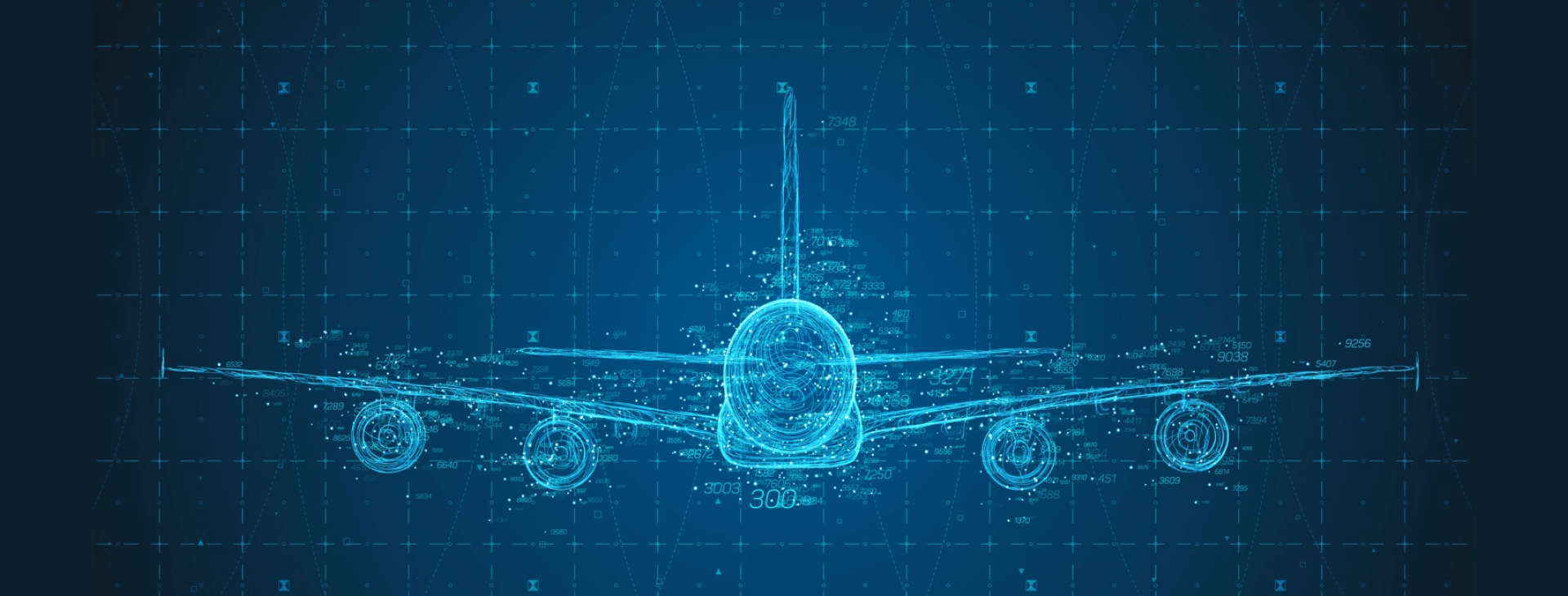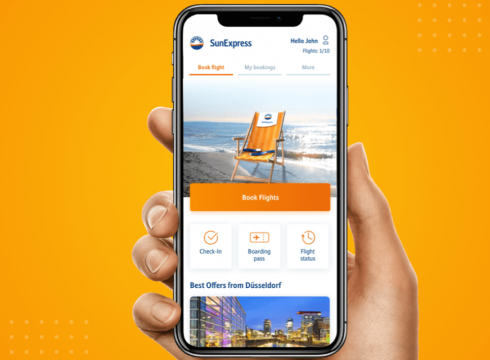Digital Transformation of Airlines

Digital Transformation of Airlines – For the consumer, there is now no distinction between e-commerce and retail. For airlines to succeed, they will adapt to this reality that is emerging as the new battleground in a highly competitive industry. Millennials are at the core of the current demographic for airlines, and to these people, time is everything. The airline customer of today demands an engaging digital travel marketplace, where the experience is seamless and positive.
The airline of 2021 will be a technology, data, and retailing company that happens to fly airplanes. Millennials and later generations use their smartphones for everything, and the window of opportunity to make connections, offer services and meet their needs is sure to define the airline industry in the coming years.
No doubts about the digital future
The most rapid and comprehensive technology transformation is upon us. With social media, mobility, apps and the cloud, we are seeing big data and the IoT bring wholesale changes to the way products, assets and people are measured and served. There can be no doubt that the future is digital, and the recent upturn in innovative leaps forward for predictive and prescriptive analytics is empowering organisations with decision-enabling data.
Customers will become increasingly selective, and their loyalty to certain brands and authorities will increase as customers choose who to trust with their time and data. The digital ecosystem will become the centre of daily life as technology imparts the ability to make smart, informed decisions about everything.
Big tech firms like Amazon and Google are targeting the long-term, investing huge amounts of money into the next wave of customer experience. Nevertheless, the best travel retail innovations are likely to come from the airline industry if they work to achieve the necessary levels of investment, innovation and speed. Airline joint ventures are replacing airline alliances, so the resources to invest in innovation are deeper. It is predicted that in 2021 the airline industry will complete its transition into a complete shopping experience, differing from other retailers only in that they also offer aircraft fleets.
Network/flag airlines will rely on low-cost carriers to deliver a more personalised experience for passengers in order to maintain a meaningful amount of traffic feed. Innovative, value-added services will include:
- Baggage selection
- Meal selection
- Seat pitch
- Legroom
- And many more personal choices
These are the things that will enable the innovative airlines company to compete, and whoever does it best is likely to win the most passengers. Early adoption of the technologies that allow these integrations will gain a strong competitive advantage, and there are already platforms available to bring these kinds of services into play. The reliance on interlining and code-sharing is fading out, and these innovative carriers of digital solutions are coming to the fore as drivers of customer experiences in the coming years.
For example, the Ubimecs Airline Module offers an end-to-end travel experience commerce platform designed specifically for the airline industry. It enhances the passenger experience beyond merely purchasing an airline ticket, gathering data about individual customers to personalise their experience with your brand. By engaging with customers and offering more in the commerce experience, their loyalty can be won, and the airline industry has always been quick to adopt the latest technologies to achieve this goal.
What should airlines do?
Airlines already have the business and technology components in place, but only the most innovative are making the necessary investment to unify retail infrastructures. There are new revenue optimisation models to be discovered, and enormous volumes of behavioural data to be monetised. Integrated e-commerce and retail solutions can gather and harness this data to yield profitable value-based offers and an enhanced experience for customers.
Systems like the solution offered by Ubimecs offer omni-channel engagement and a 360-degree view of customers. Without the right solutions, airline retailers have competing and siloed data and transactional technology platforms. In this context, big data is nothing more than data – it needs to be synchronised to deliver a unified point of truth from an omni-present, actionable perspective.
This is the real retail challenge airlines face if they want to compete. A much broader price/revenue optimization is needed; one which makes dynamic predictions about customer choices, demands, and value. This capability will enable airlines to control offers optimised for factors like market conditions, channels and devices. Only a deeper understanding of the digital customer experience can deliver this.
Digital marketplaces
The retail ecosystem of the airline industry has already expanded enormously, and by 2021 it will be major digital marketplaces that drive captive demand. The travel retail field will level as the technologies that customers need are available to all. Google has recently stepped up efforts to serve captive demand to travel suppliers, which may be a sign that commitment to supplier models could become more prominent. Established, powerful digital marketplaces like Amazon could conceivably attempt to offer something like a digital ecosystem for travel suppliers, but there is no indication of that happening right now.
The speed of innovation in digital markets is accelerating day-by-day, and this brings a risk of misalignment in customer engagement. The airline industry will need to foster a culture of experimentation alongside innovation, testing different solutions and mechanisms for effectiveness. Many of the systems and technologies required for more effective airline distribution will still be in development, but a critical mass of components looks set to be available in 2021. This will mean an ongoing learning experience and an acceptance that not all experiments will work. Measurable value is the goal, but the only thing that is certain is that the future is digital.
Summary
The key factor for airlines is to keep up with the speed of both advancing technologies and changing customer habits. It will take more than simply incrementally improving the efficiency of an existing business model. In 2021, the successful airline will be a company that focuses on technology, data and retail – the actual aeroplanes themselves will be secondary to the drive-in new digital experiences for customers. The Ubimecs Airline Module could be a key component of airline success in 2021, and airline operators would be wise to explore its potential if they aim to compete.




